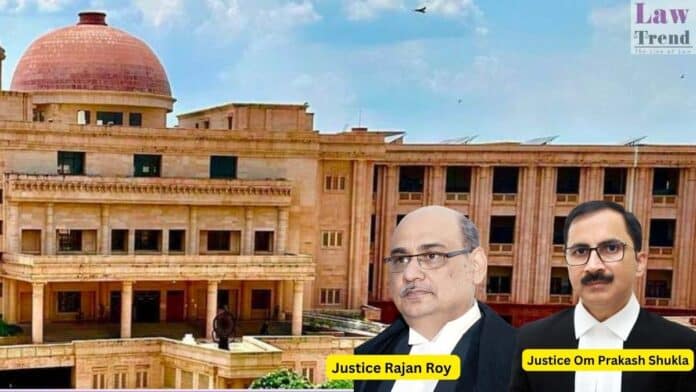In a significant ruling, the Allahabad High Court, Lucknow Bench, has set aside the judgment of the Central Administrative Tribunal (CAT), Lucknow, and directed it to rehear the case involving serious allegations of misconduct against a government employee. The court emphasized the Tribunal’s obligation to adjudicate on facts, not merely exercise judicial review akin to
To Read More Please Subscribe to VIP Membership for Unlimited Access to All the Articles, Download Available Copies of Judgments/Order, Acess to Central/State Bare Acts, Advertisement Free Content, Access to More than 4000 Legal Drafts( Readymade Editable Formats of Suits, Petitions, Writs, Legal Notices, Divorce Petitions, 138 Notices, Bail Applications etc.) in Hindi and English.




